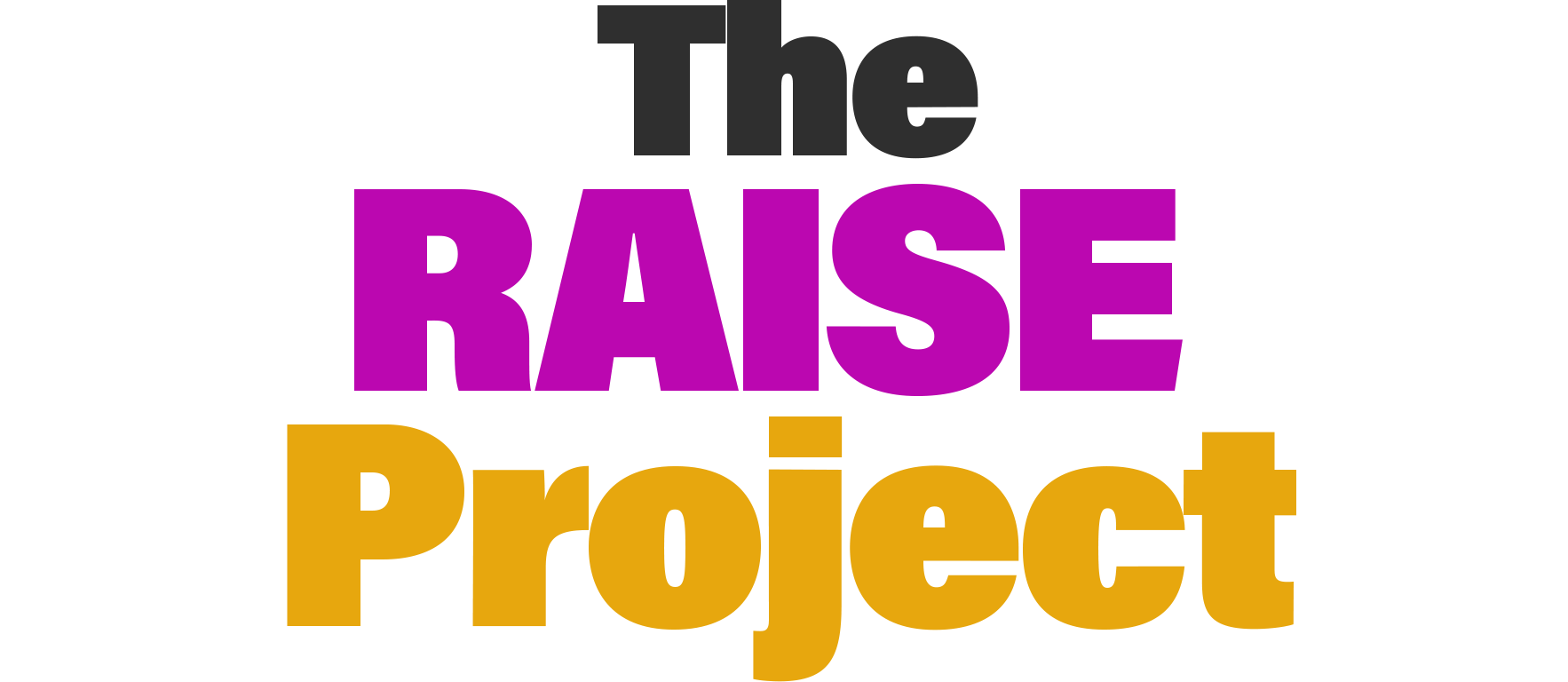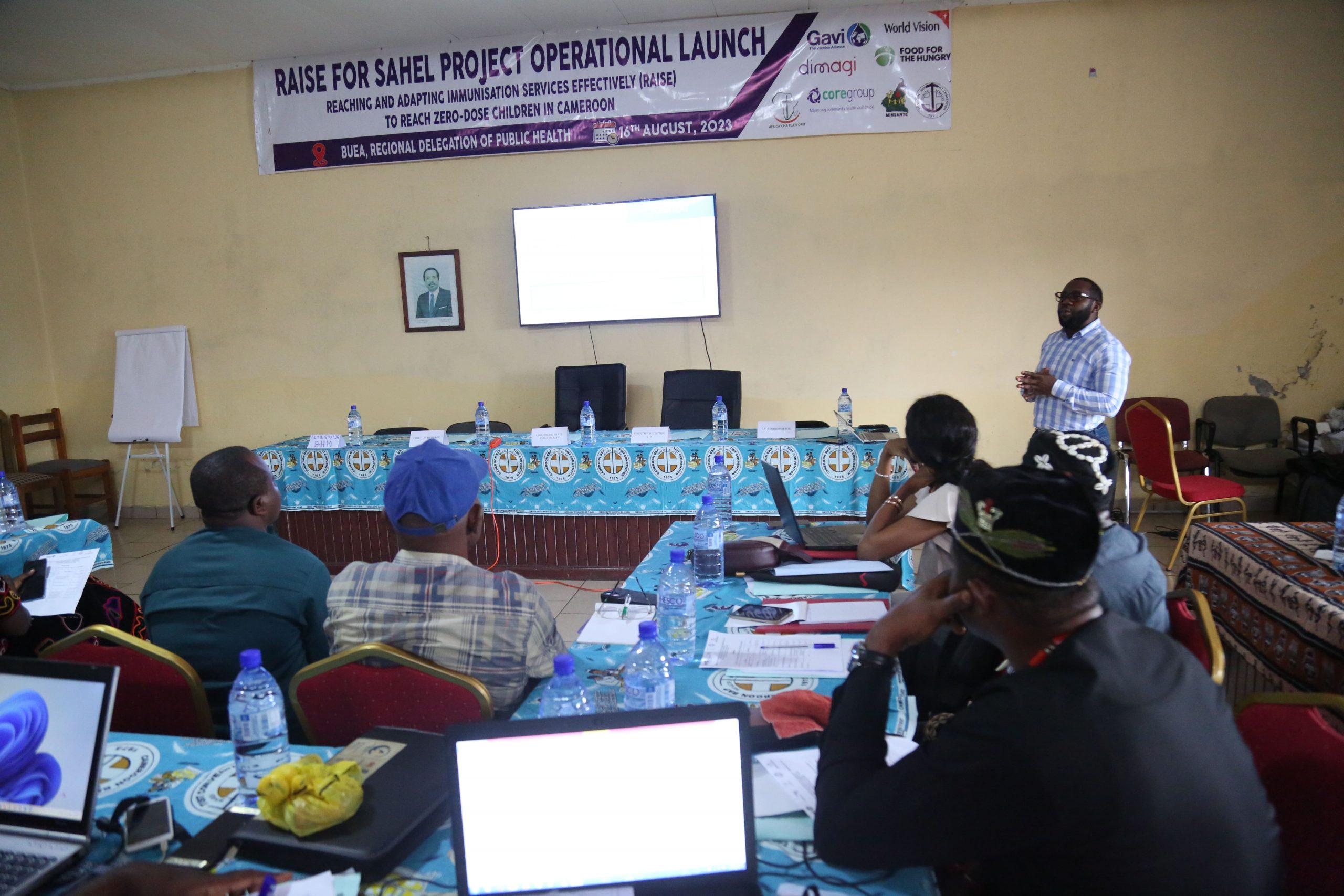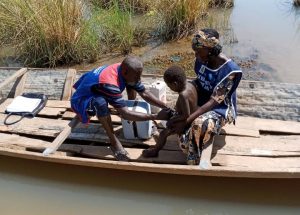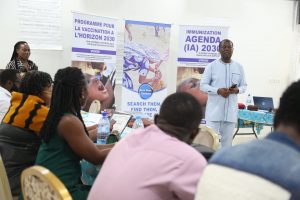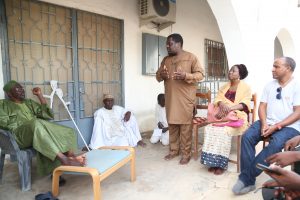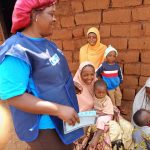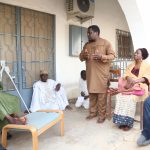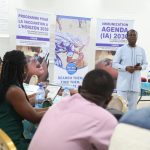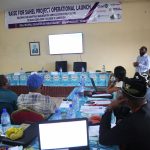The RAISE for Sahel Project has been introduced to stakeholders in the SW Region. The Project’s operational launch occurred at the Regional Delegation of Public Health Buea on August 16 2023. Present at the ceremony were the district medical officer, chief of bureau health, district chairpersons, traditional leaders from priority districts Fontem and Bakassi, EPI staff, RAISE for Sahel Central and Regional level staff, and media persons.
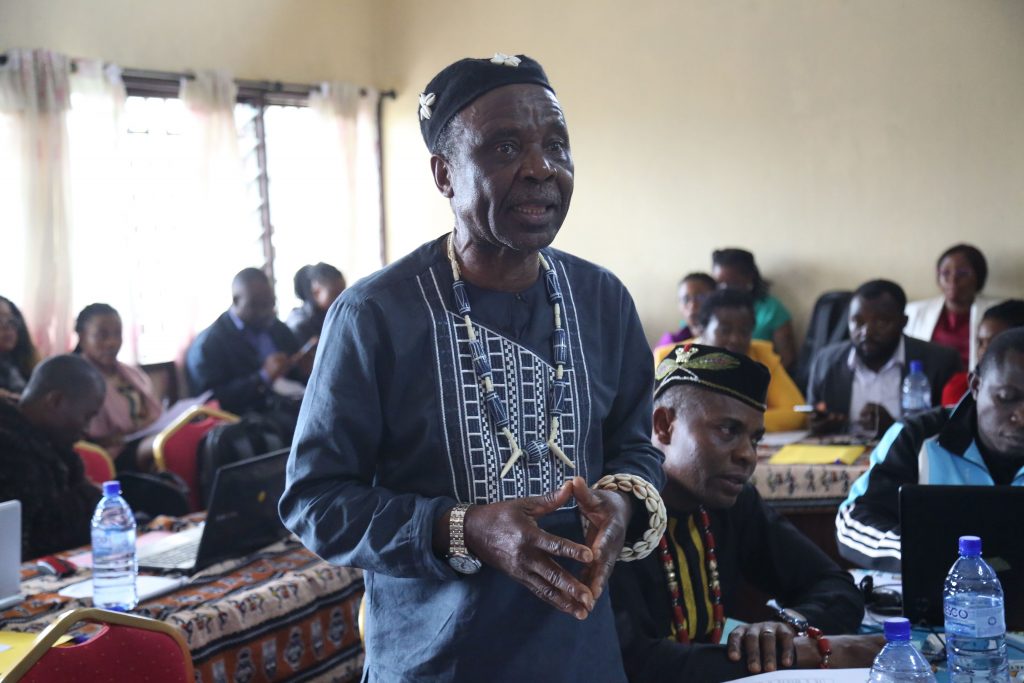
In his welcome address, the RAISE for Sahel Project Manager, Dr Foyeth Eugene, revealed the project has come to supplement efforts of the Expanded Program of Immunisation (EPI) in reaching the communities with Immunisation Services.
EPI Coordinator Dr. Oben Pamela, sitting in for the Regional Delegate, said the ZIP initiative is important as it aligns with GAVI’s IA 2030 agenda, which is “leaving no child behind in vaccination”. She appreciated having the two most vulnerable districts, mostly named among outbreaks of diseases in the region and low indicators, selected as priority districts.
She is optimistic the collaboration with CBC Health Service through the RAISE for Sahel Project will boost already implemented EPI activities by creating demand to reach 25% of zero dose and underserved children and improve collaboration with local stakeholders.

To ensure community engagement, Chief Achengnjan Anthony of Fontem, invited for the launch, explained the troubles of his communities. “We have abandoned communities in Fontem where health workers have not ventured into them for years. My people are ready to die rather than accept anything from someone they consider an enemy. The crisis has made my people paranoid, and having a neutral party like you penetrate our communities is so reassuring.” He commented
The Chiefs present expressed their joy to be involved in the initial implementation phase and assured the RAISE For Sahel team that they are ready to help them have access and build trust in the communities.
Their invitation aligns with the R4S strategy of engaging communities and local authorities to see the importance of immunisation and own its activities to facilitate the tracking and immunisation of zero-dose children in their communities who are more vulnerable to epidemic outbreaks.
